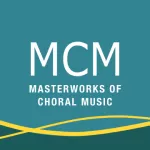The collection Geistliche Chor-Music (Sacred Choral Music) by the Protestant composer Heinrich Schütz comprises a whole range of spiritual motets in the German language. Schütz deliberately took up the cudgels for the traditional polyphonic way of composing that stood in contrast to the figured bass compositions that were becoming popular in the 17th century. The motet Selig sind die Toten (Blessed are the Dead) is a witness to Schütz's masterful handling of the language, the setting of which demonstrates just how the music is put at the service of the text. Melodic shaping that is orientated on the natural rhythm of the language as well as the deliberate implementation of compositional devices characterizes the composition.
